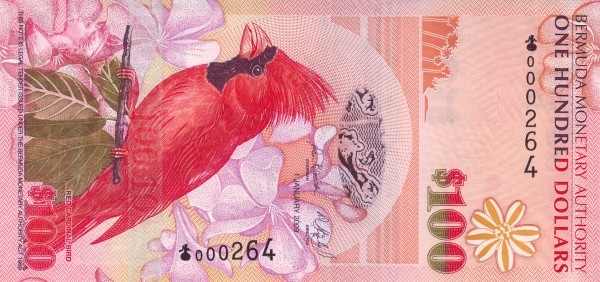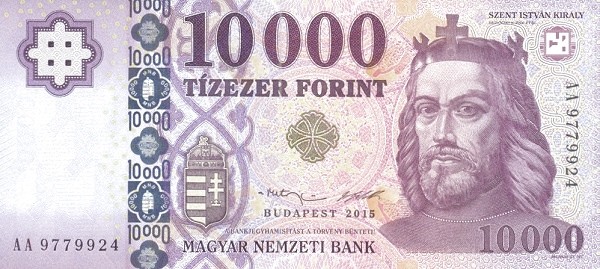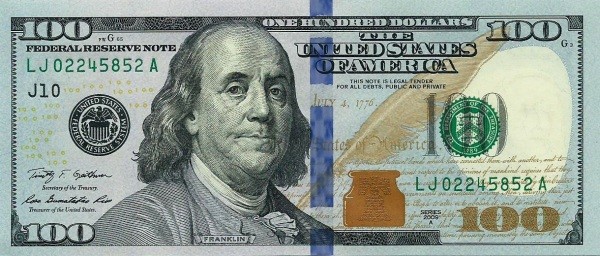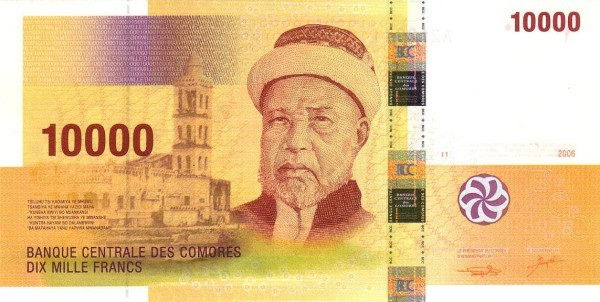Tajikistani Somoni
Tajikistani Somoni
The Tajikistani Somoni is the official currency of Tajikistan. It was introduced in 2000, replacing the Tajikistani ruble. The currency is named after Ismoil Somoni, the founder of the Samanid dynasty and a prominent figure in Tajikistan's history. The Somoni is subdivided into 100 dirams.
The currency features various denominations, including banknotes in values of 1, 5, 10, 20, 50, 100, 200, and 500 Somoni. Each banknote showcases different historical and cultural aspects of Tajikistan, such as famous landmarks, traditional costumes, and important figures.
The Tajikistani Somoni plays a crucial role in the country's economy, facilitating trade and commerce both domestically and internationally. It is widely accepted in Tajikistan for various transactions, including purchasing goods and services, paying bills, and conducting financial transactions.
Like any other currency, the Tajikistani Somoni's value fluctuates based on economic factors and market conditions. Its exchange rate is determined by supply and demand dynamics, as well as external factors such as global economic trends and geopolitical events.
Overall, the Tajikistani Somoni is an integral part of Tajikistan's identity and economy. It represents the nation's rich history and culture while serving as a medium of exchange for its citizens and visitors alike.
Below is the related paper currencies in Tajikistani Somoni.
1999 TJS0-01
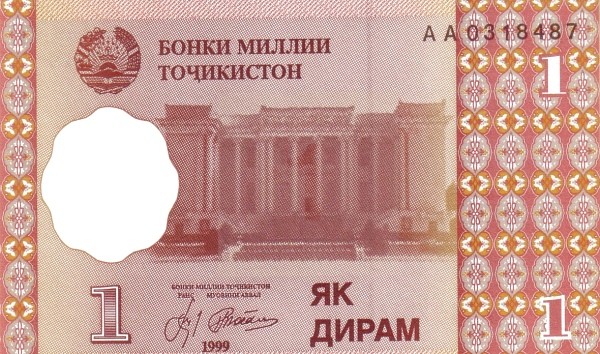
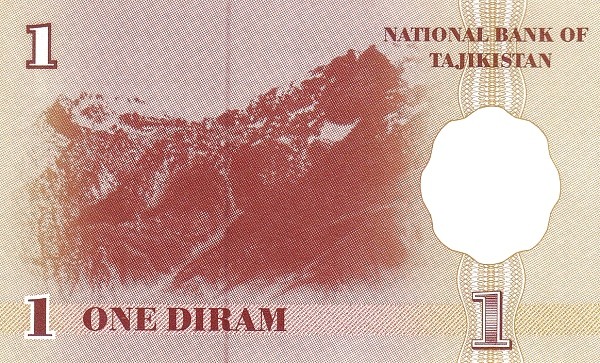
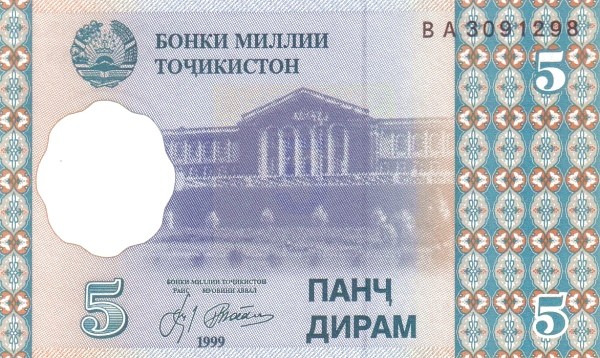
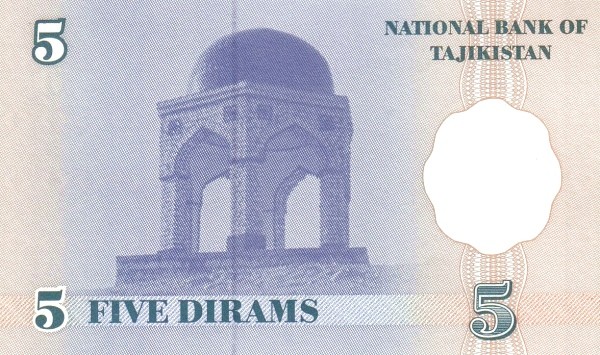
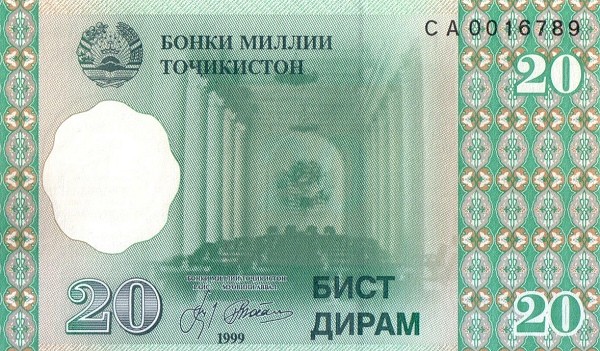
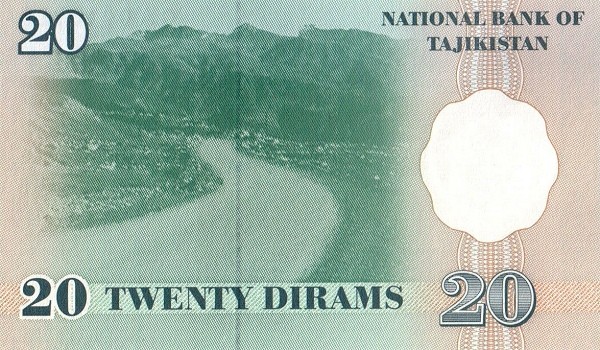
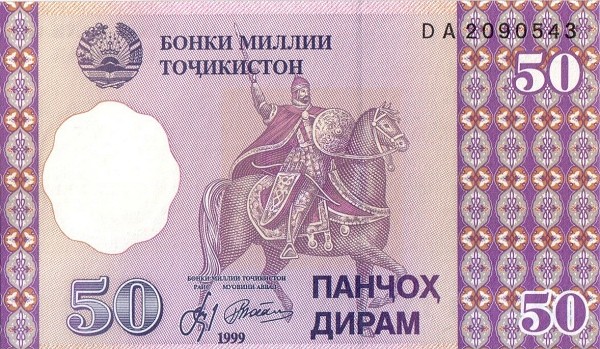
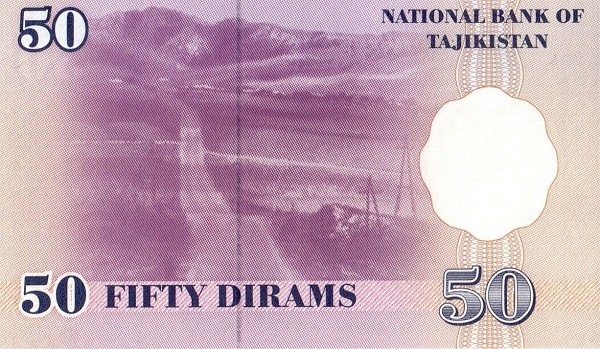
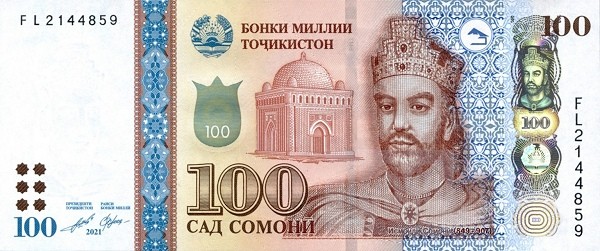
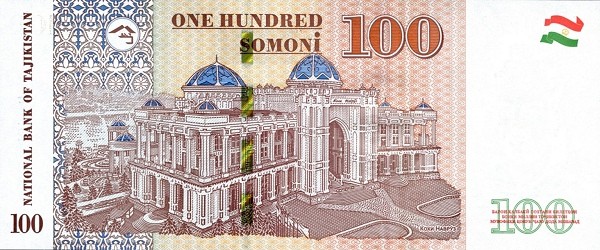
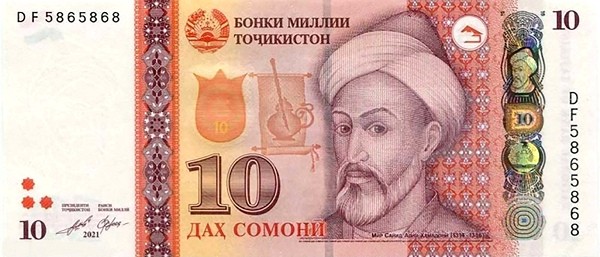
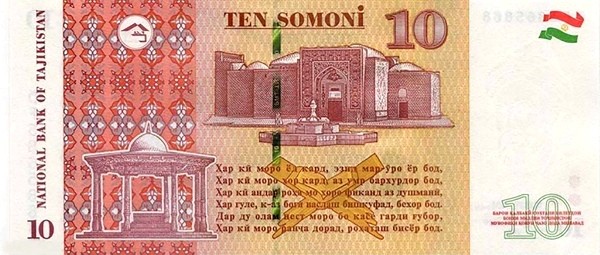
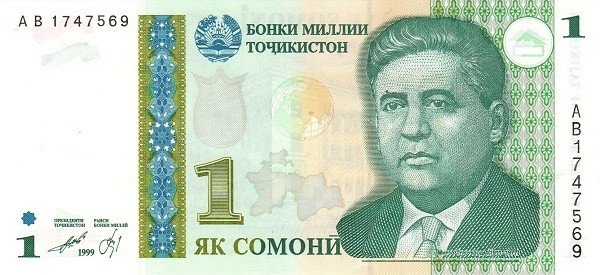
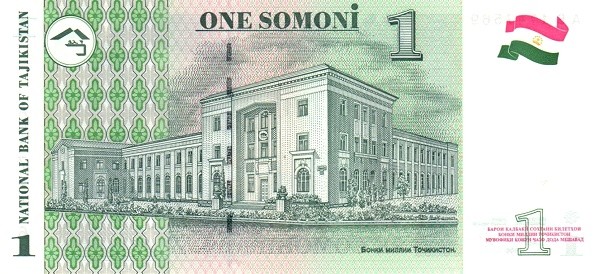
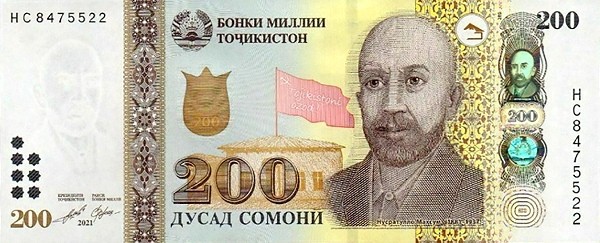
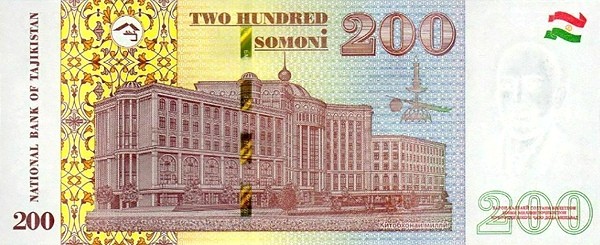
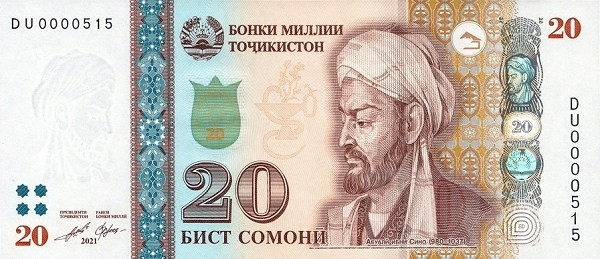
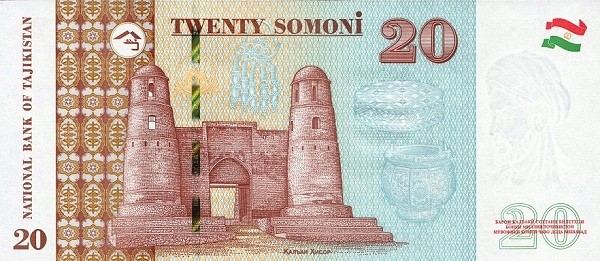
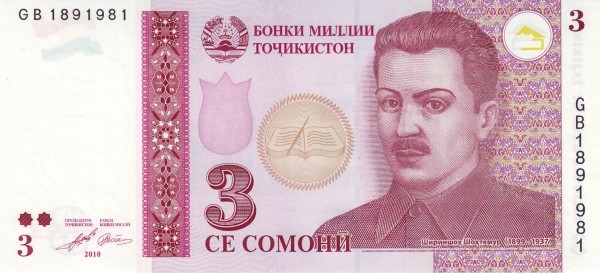
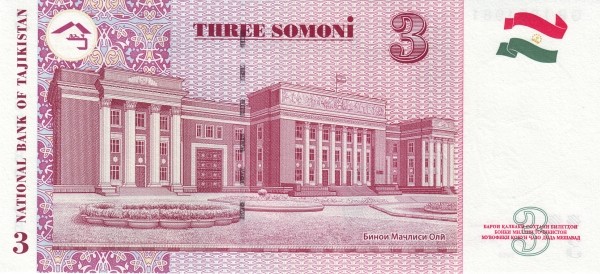
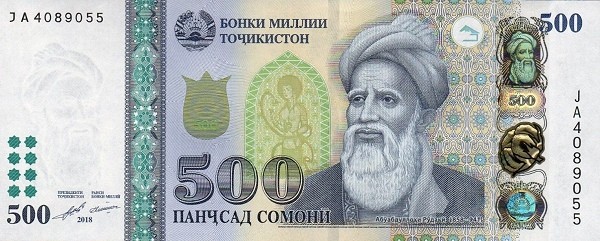
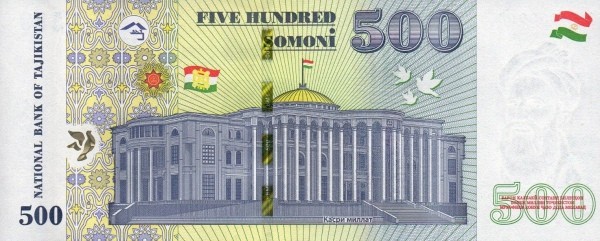
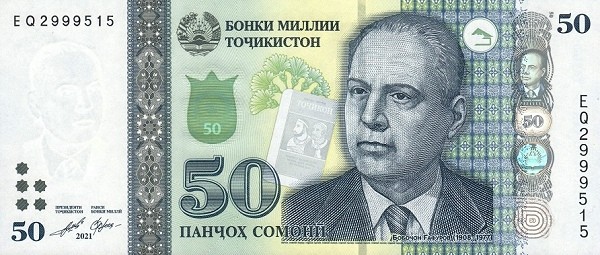
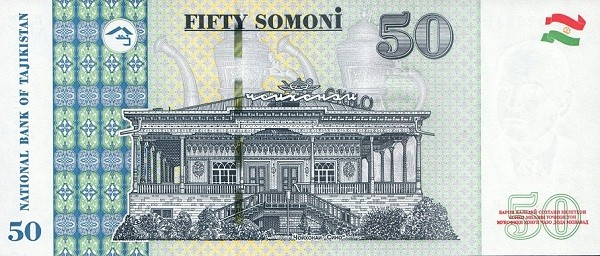
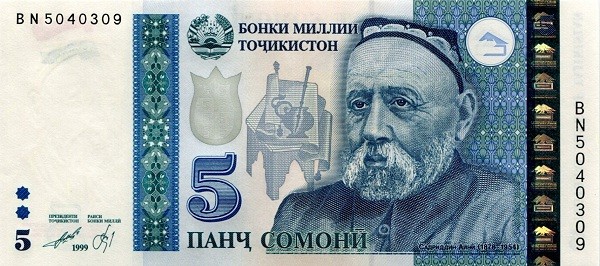
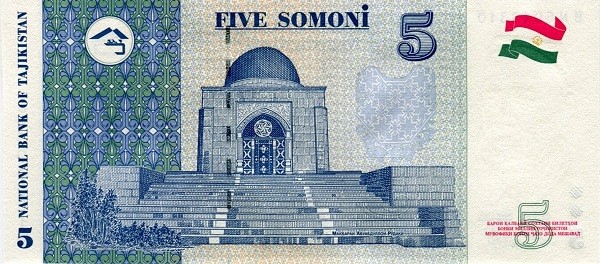
Bermudian Dollar
Bermudian Dollar2009BMD1002009BMD102009BMD202009BMD22009BMD502009BMD5
Hungarian Forint
Hungarian Forint2015HUF100002018HUF10002017HUF200002016HUF20002017HUF50002018HUF500
US Dollar
The US Dollar is the currency of the United States of America and several other countries and territories. It is also the most widely used currency in international trade and finance, and the main reserve currency of the world. Here is a brief introduction of the US Dollar:The US Dollar was
Comorian Franc
The Comorian Franc is the official currency of the Comoros, a small island nation located in the Indian Ocean. It was introduced in 1981 to replace the French Franc, which had been in use since the country's colonial period. The currency is issued by the Central Bank of the Comoros and is available in both paper and coin form. The exchange rate of the Comorian Franc is determined by market forces and is subject to fluctuations. While the currency has faced some challenges in the past, such





